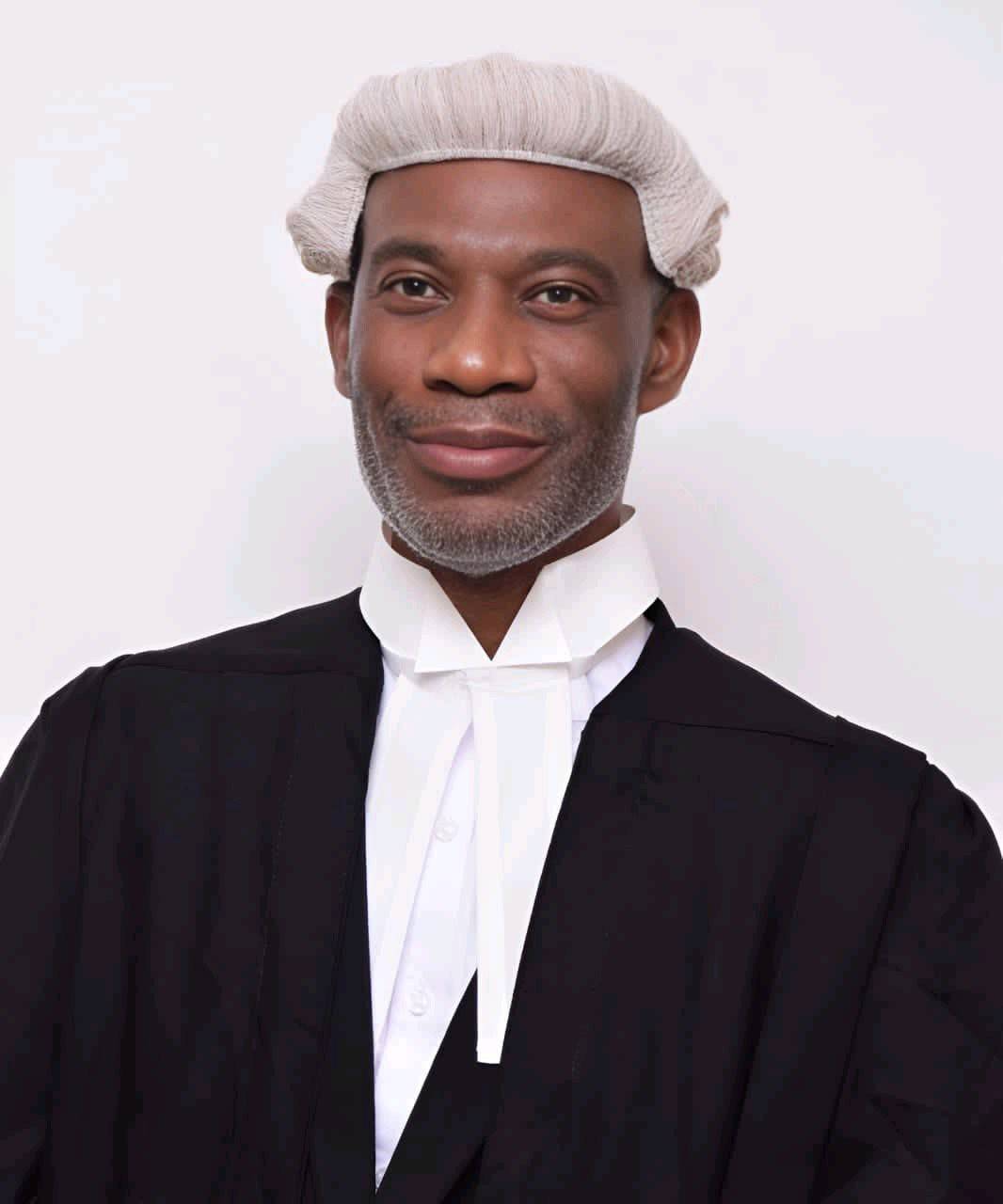Alhaji Abdul-Mumin Yakubu, the Head of Finance at the Tema Development Corporation (TDC), has found himself in the middle of a storm over allegations of financial misconduct. Reports suggest that he withdrew a staggering GHS300,000 as compensation for four years of unused leave. This has not only raised eyebrows but also triggered an outcry from the public and stakeholders who are questioning the transparency and accountability of such a transaction.
The payout, said to have been made under dubious circumstances, is alleged to lack proper documentation and approval. These allegations have led to a wave of criticism, with many describing the act as an abuse of power and a blatant disregard for financial rules. The incident has cast a shadow on the integrity of one of Ghana's prominent development agencies and sparked anger among citizens who expect better from those in positions of authority.
According to insiders, this may not be an isolated case but part of a larger pattern of irregularities within the Tema Development Corporation. This revelation has fueled calls for a deeper investigation into the organization’s financial dealings. A concerned citizen noted that if such issues are not dealt with, it could set a dangerous precedent for others in public service to follow. The growing discontent reflects the public's frustration with how public funds are managed and the lack of accountability that seems to plague some government institutions.
For many, the timing of this controversy makes it even more troubling. Ghana is currently facing significant economic challenges, with many citizens struggling to make ends meet. Reports of such alleged misuse of funds feel like a slap in the face to hardworking Ghanaians who expect their taxes to be used wisely for national development. Critics argue that incidents like these erode trust in public institutions and highlight the urgent need for tighter oversight and governance.
While the allegations have sparked widespread debate, Alhaji Abdul-Mumin Yakubu has remained silent. His decision not to respond has only added to the public's frustration. Many believe that his silence suggests he may have something to hide. Others feel it is a missed opportunity to clear his name if he is innocent of the accusations. Regardless of his reasons, the lack of a response has done little to calm the public’s anger.
Meanwhile, pressure is mounting on the leadership of the TDC to act decisively. Many stakeholders, including employees and concerned citizens, are demanding an independent audit to uncover the truth behind the allegations. An audit would provide clarity and help restore confidence in the institution. It would also send a strong message that no one is above the law, and financial misconduct will not be tolerated.
The public also expects the government and relevant authorities to intervene. Calls for strict penalties against those found guilty of mismanaging public funds are growing louder. Many argue that such punitive actions are necessary to deter others from engaging in similar acts. If left unchecked, the misuse of public funds could continue to drain resources that are desperately needed for critical projects and services.
The controversy surrounding the alleged GHS300,000 payout has also sparked discussions about broader reforms needed in Ghana’s public administration. Some experts suggest that public institutions need more robust systems to track and approve financial transactions. Others argue for stricter laws that hold officials accountable for their actions. Either way, it is clear that systemic changes are needed to prevent such incidents in the future.
As the story continues to unfold, Ghanaians are waiting for answers. They want to know how such a large sum of money could be paid out without proper justification. They are also looking for reassurance that those responsible for any wrongdoing will face consequences. For now, the lack of concrete action or communication from the TDC has left many feeling disillusioned and disappointed.
This incident serves as a wake-up call for all public institutions in Ghana. It highlights the importance of transparency, accountability, and good governance in maintaining public trust. Without these principles, it becomes difficult for citizens to have confidence in the systems meant to serve them. The Tema Development Corporation has an opportunity to set things right by addressing these allegations head-on and ensuring that such issues are not repeated.
Ghanaians deserve institutions that uphold the highest standards of integrity and professionalism. Whether this incident will lead to meaningful change remains to be seen, but one thing is clear: the people of Ghana will no longer remain silent in the face of such controversies. They demand better, and they deserve better.




No comments yet
Be the first to share your thoughts!